Everyone in the U.S. knows about the opioid crisis and the alarming destruction that followed it. Pharmaceutical companies, like Purdue Pharma, played a significant role in contributing to this crisis. However, unlike the big corporate bodies, these seemingly regular Florida brothers ran one of the largest ‘pill mills’ ever in the United States.
This is the story of twin brothers, Chris and Jeff George, that flooded the U.S. with opioids, leading to thousands of deaths.
American Pain
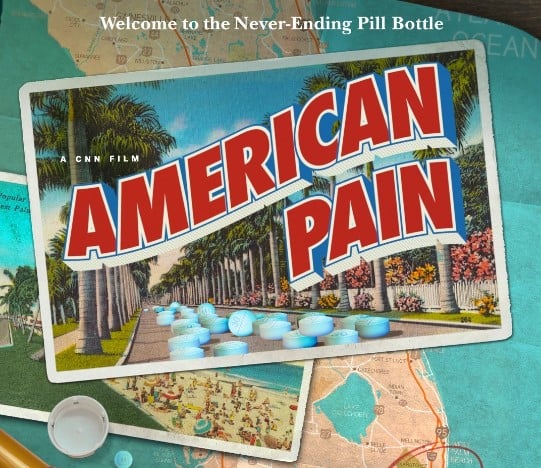
American Pain is a recent documentary by CNN that “traces the rise and fall of Floridians Chris and Jeff George, identical twins who trafficked more than $500 million in opioid pills in the United States.”
According to CNN, the Georges’ opioid pill mill was the largest in the country. After operating for only a few years, it attracted clients from various locations in the U.S. The FBI has linked this pill mill to thousands of deaths in the country.
The One-Stop Shop for Opioids
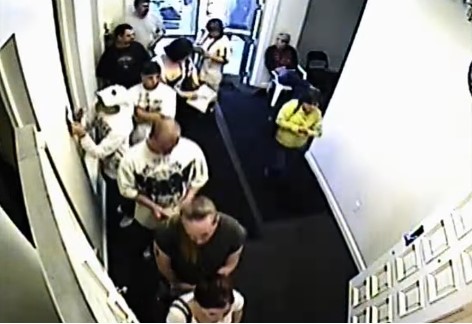
Clients trusted that the American Pain clinic had it all: whether prescriptions or painkillers. Located in Boca Raton, Florida, crowds were hanging outside this clinic to wait their turn.
Inside the clinic stood a doctor who exchanged greetings with the clients, writing prescriptions for their pain. Under his white coat, one could see a partially covered handgun for protection. These scenes were as the documentary painted.
Disneyland of Pain Clinics
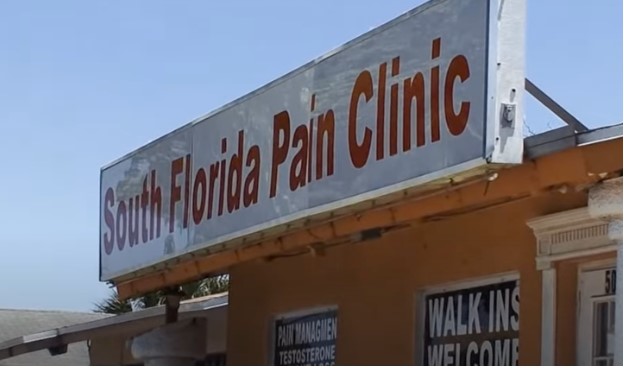
Chris and Jeff George opened four such clinics in various locations in South Florida. They collaborated with pharmaceutical firms and doctors to flood the nation with prescription opioids.
In fact, in 2017, when they opened their first clinic, they referred to themselves as the “Disneyland of pain clinics.” Their pain pill trafficking business fetched them more than $500 million and was undoubtedly a money-spinning venture.
The Doctors and Clients of American Pain
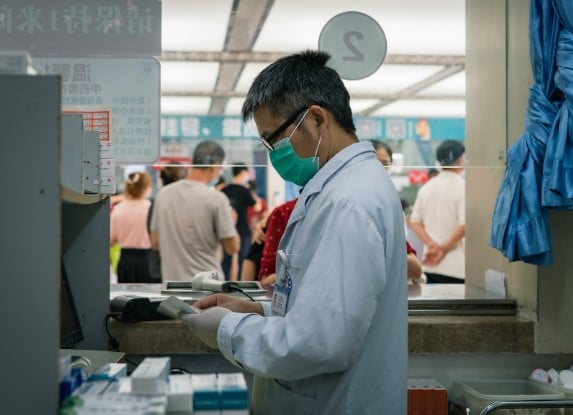
The doctors who agreed to work with the George brothers were licensed physicians recruited via Craigslist ads. These doctors were “dedicated” to their jobs and had no issues writing hundreds (or even thousands) of prescriptions.
Meanwhile, the majority of the patients who frequented this clinic were locals. However, there was still a sizable number who journeyed from other states to receive the services from American Pain Clinic.
We’ve Got Our Eyes on You
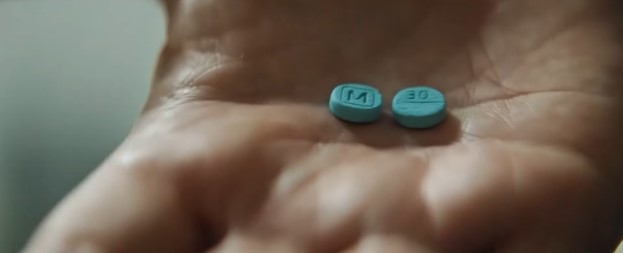
The American Pain Clinic tried to take as many precautions as possible to avoid unwarranted attention. So, they employed a hulking bouncer to stay at the door and ensure that no one snorted their pills in open spaces like the parking lot.
However, as the documentary showed, they had no idea that the federal and local investigators were already on their trail, watching them closely for the right time to strike.
Pouring Gasoline on Fire
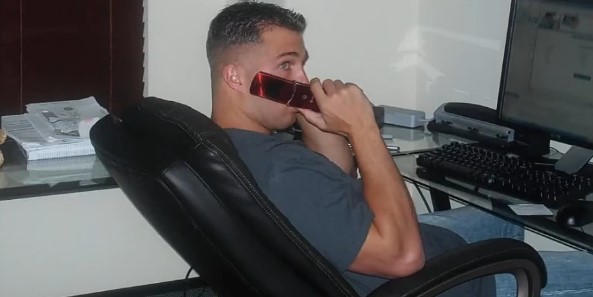
The American Pain documentary was directed by the Emmy-award-winning filmmaker Darren Foster. Foster based his story on undercover videos, wiretap recordings, and exclusive testimonies from the George brothers. The documentary showed the ruthless nature of the empire that had turned the Georges into multi-millionaires and many into drug addicts.
Kurt McKenzie, a former FBI agent who participated in the investigation, said, “The George brothers did not start the opioid crisis. But, they sure as hell poured gasoline on the fire.”
Operation Oxy Alley
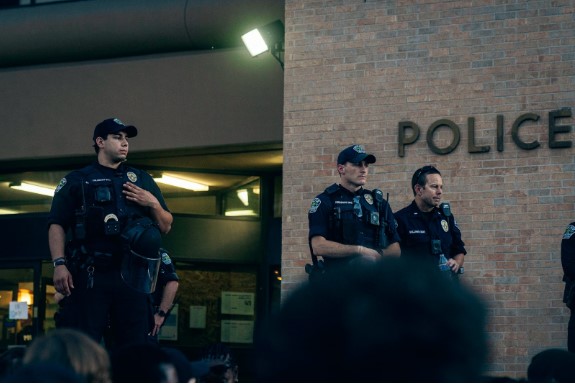
Kurt McKenzie’s team named the investigation ‘Operation Oxy Alley.’ The operation started when the clinic’s oxycodone appeared at various drug overdose scenes. Investigators bugged the clinic’s phones and sent undercover agents to act as patients and make drug purchases. They also recorded secret videos of the clinic.
According to McKenzie, “They became the largest street-level distribution group operating in the entire United States…Nobody put more pills on the streets than they did. Nobody … and they were operating in broad daylight.”
The Opioid Epidemic
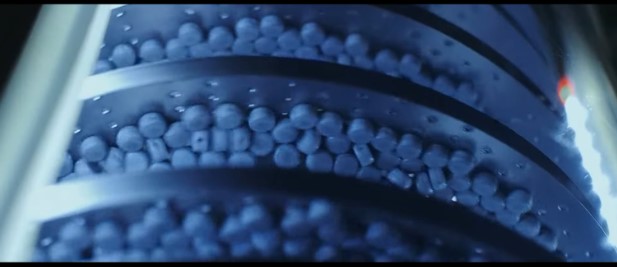
The twin brothers’ clinics bloomed between 2008 and 2010 when the opioid crisis was at an all-time high. During this period, federal officials reported that businesses dealing with prescription painkillers were swimming in money. Many people started to realize the dangers the drugs posed to local communities.
McKenzie says, “Before this case, the public only knew that people were dying from drug overdoses, they had no idea how the ‘system’ worked.”
A Well-Hatched Plan
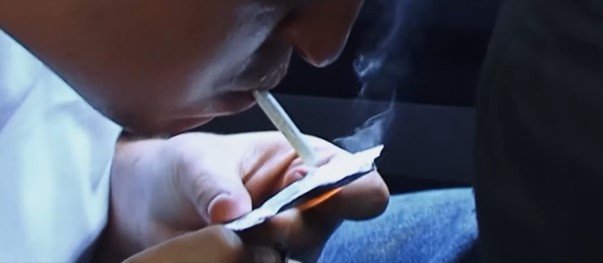
McKenzie continued, “The George brothers created the blueprint” for the opioid business. How did the system function so effectively and secretly until the brothers were caught? Even with adverts for doctors with huge incentives appearing in the local newspapers.
Court documents say the twin brothers didn’t accept insurance plans but were smart enough to take credit cards and cash only. Chris and Jeff George also paid women (whom they hired through Craigslist) to distribute the prescribed drugs.
A New Form of Tourism
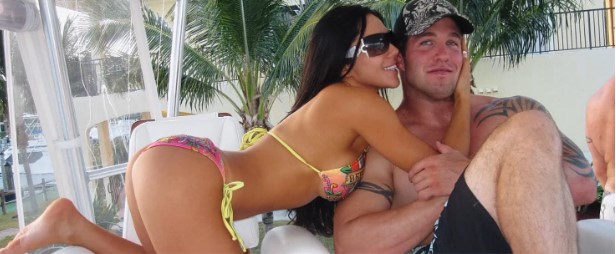
Clients who needed the pain medications avoided booking appointments with the George brothers. Patients from Appalachian states like Ohio, Tennessee, West Virginia, Kentucky, etc., frequented this clinic. It was so accessible that someone noted: “It’s like a candy store down there.”
Jeff George – in his interview from prison – said, “I believe we’ve created a new form of tourism.” The film painted drug dealers driving to the clinic in rented “Tree of Life Baptist Church” buses as camouflage.
Flamboyant Lifestyles
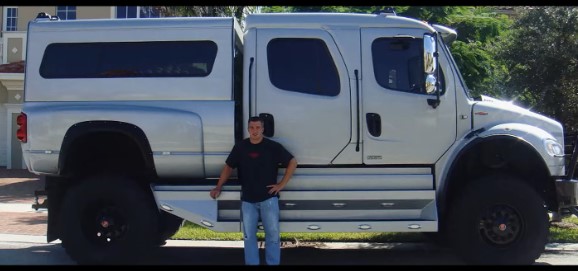
Like many other illegal business operators who stumbled on millions of dollars, Chris and Jeff George went on a spending spree. It was almost as if they were in a splurging competition with each other.
The brothers left no stone unturned in maintaining their flamboyant lifestyles. From houses to flashy cars, boats, luxurious wristwatches, and more, they had it all. While Jeff George had a Lamborghini, Chris George made do with a huge customized monster truck.
Just Like Frat Houses
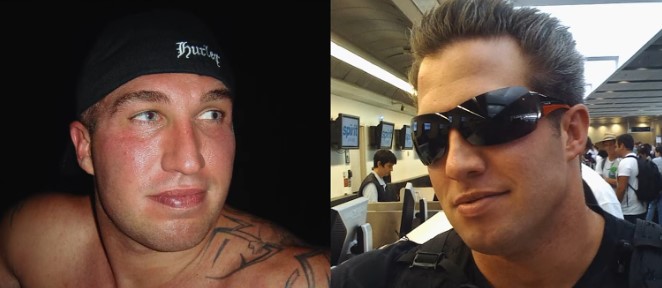
One of the twin’s long-time friends, Derik Nolan, who also called himself their right-hand man in the documentary, revealed a lot about the inner workings of the clinic. According to him, the brothers ran the clinics like frat houses.
While clients waited for their drugs, clinic staff members engaged in slingshot competitions and remote-controlled auto plays. Since the clinics didn’t have cash registers that were large enough to contain the huge money coming in, employees had huge trash bags where they stored the money.
A Seemingly Genuine Process
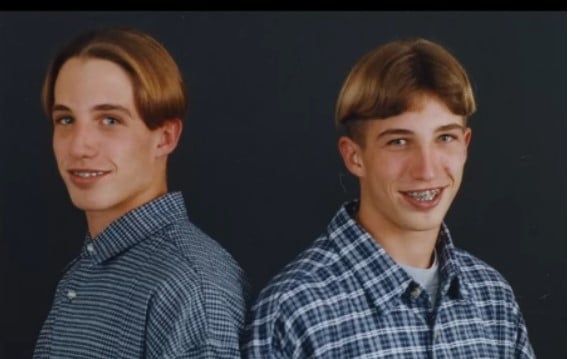
One of the brothers’ clinics had a trailer behind a strip club where patients without MRIs were referred to. According to an FBI agent, this was the place they could enjoy lap dances as they waited for fake radiologists to carry out new scans.
Chris and Jeff George wanted the prescription process to look genuine. They thought the imaging helped them keep up appearances.
No Personalized Treatments
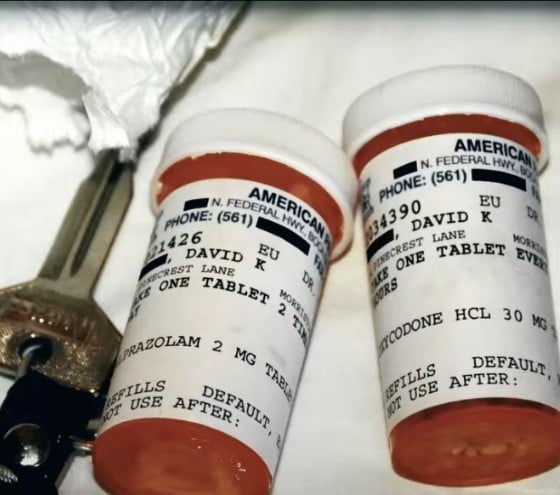
The doctors in the clinic wanted to see as many patients as they could per day because they were paid on a “per-client” basis. According to court documents, they “did not obtain prior medical records or prescribe any alternative treatment. They did not make referrals to specialists. Virtually everyone examined by the co-conspirator physicians received a prescription for controlled substances.”
Additionally, “There was no individualization of treatment as required under applicable federal and Florida law.”
They Bragged About Their Huge Profits
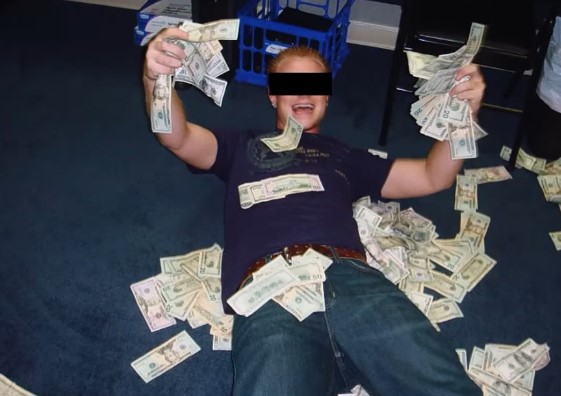
In the documentary, Chris George was shown bragging about the million-dollar profits that the clinics made (which court documents support). According to them, American Pain had prescribed 18 million oxycodone units and was one of the top 9 purchasers of opioids in the U.S.
McKenzie says, “Of the 20 highest-prescribing physicians in the entire country, five of them worked at just one of Chris’ facilities.
An Accomplishment
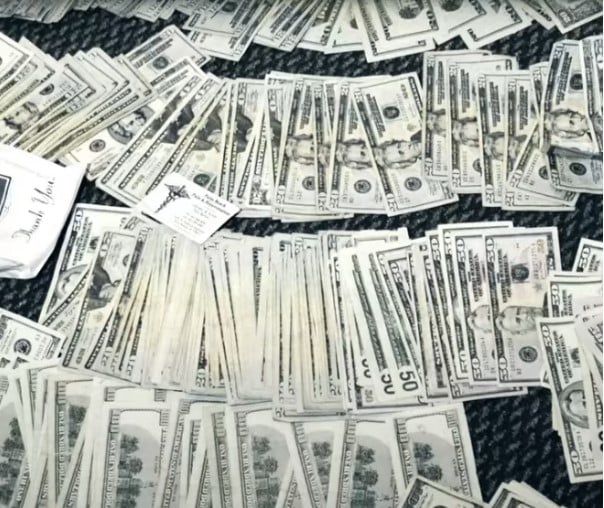
McKenzie also noted that “These are real doctors. They have real licenses … and what looked to be a real clinic.” That was a thing of pride for Chris George, who said he loved that the clinic had such volume.
In his words, “I wanted my doctors to be the top prescribing doctors in the country. To me, that was an accomplishment.”
Meet John Friskey
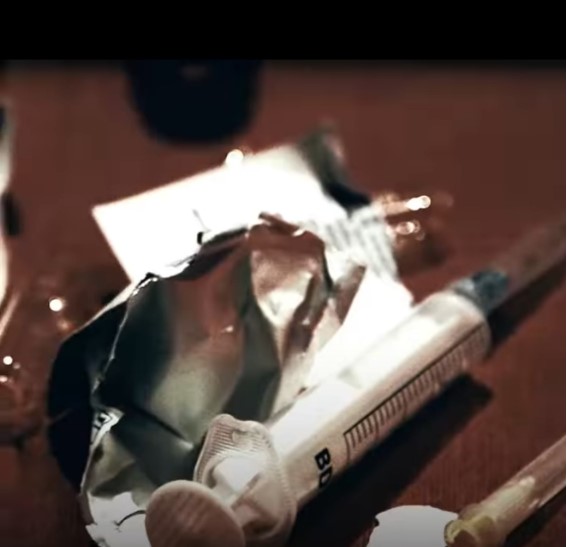
There was a man named John Friskey who had a computer service business operating in Florida’s Jacksonville. Friskey had a son, Andy, who had died because of his opioid addiction. Friskey remembers that his beloved son enjoyed listening to music and playing the guitar.
“He was in a car accident in Tennessee. He had a ruptured spleen and was in pain. He got the medicine from the pill mills. I didn’t know they were pill mills. I didn’t even know he was getting medicine. He overdosed on it,” Friskey explained to CNN.
Zachary Rose
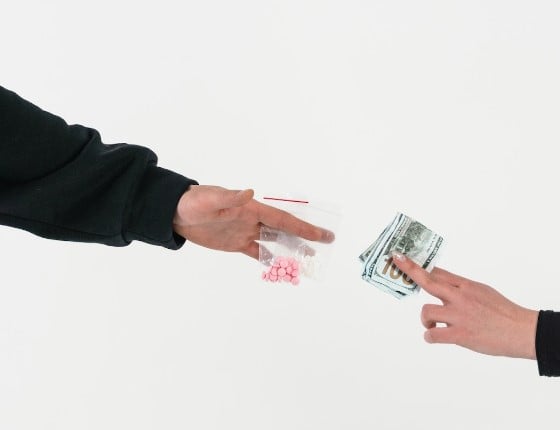
The nearby pain clinic was owned by Zachary Rose, one of the George brothers’ main competitors. Many drug users outside the state also flocked to Rose’s clinic to get the opioids. Friskey was dedicated to seeing that the clinic was off the strip mall, and luck was on his side.
Soon enough, the clinic needed Friskey’s services in maintaining its security cameras and computer networks. Friskey realized that his window of opportunity had opened at that moment, and he wouldn’t take it for granted.
A Grieving Dad’s Role in Bringing Down the Clinic
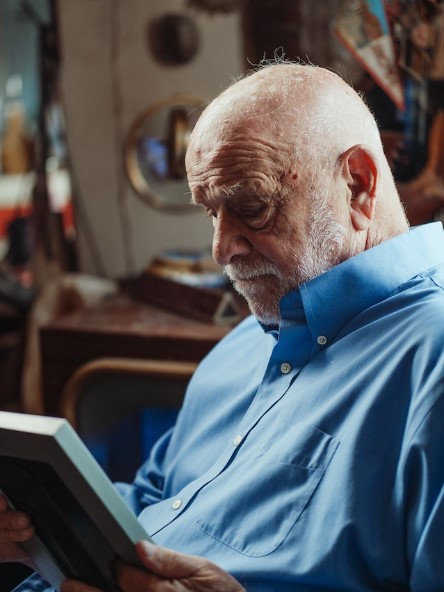
Friskey walked into Rose’s establishment wired. This granted the DEA agents access to his conversations in real time as he worked on the computers. The agents could hear how the doctors bragged about their huge daily wages.
Friskey also helped the DEA by exchanging Rose’s hard drives with new ones and handing them over. In his words, “they never questioned me, never tried to stop me. I was happy to shut him down.”
How Things Fell Apart
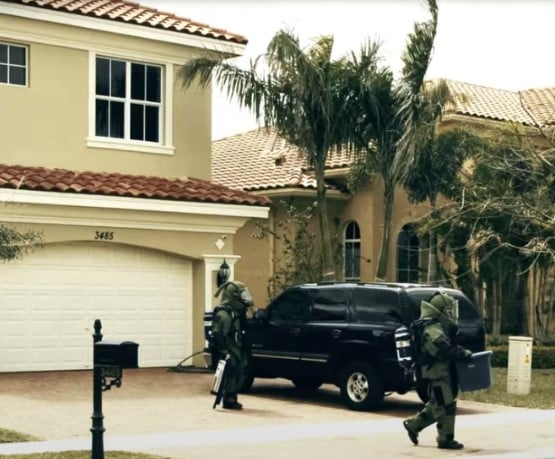
In August 2011, federal investigators swooped on the twin brothers in their home. As a result, everything came crumbling down as they obtained drugs, illegal weapons, and other items from the raid.
Surprisingly, Chris and Jeff George’s mum, Denice Haggerty, also partook in the illegality. She worked at one of the clinics and was also arrested. Law enforcement found safes containing $4 million in the attic of her home.
The Federal RICO Act
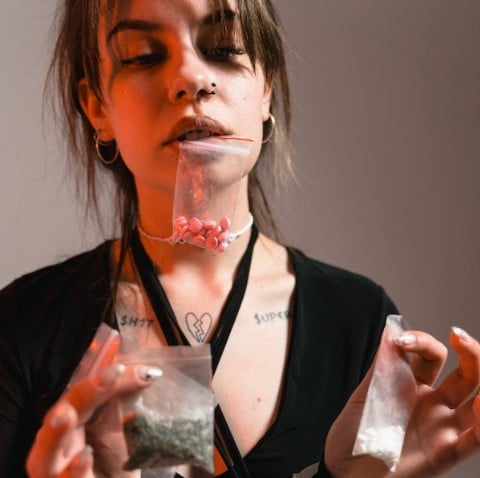
The Federal RICO (Racketeer Influenced and Corrupt Organizations) Act of 1970 aims to fight organized crime in the country. This was the act that the twin brothers, their mum, and many others were charged with.
Thirteen doctors were arrested and pleaded guilty to wire fraud or money laundering, except for two. Money laundering and wire fraud are lesser offenses compared to racketeering, murder, etc., that the brothers were charged with.
Not a Tragic Incident
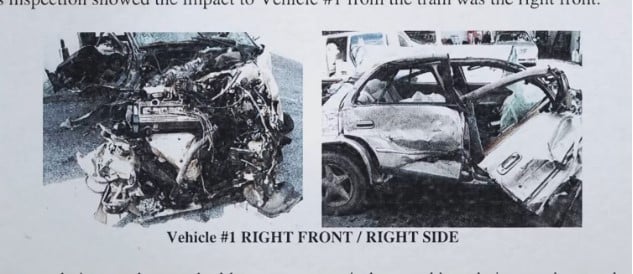
One of the doctors who worked in the clinic was charged with first-degree murder. That’s because a man prescribed 210 pain pills overdosed on them. Jeff George was also slammed with a second-degree murder charge in the same case.
Michael McAuliffe, a Palm Beach State Attorney, said the murder charges showed a renewed effort in combating the illegal distribution of prescription narcotics. “We looked at it not as a tragic accident but as a murder. We have sent a clear, unmistakable message…to pill mill operators.”
More Guilty Pleas
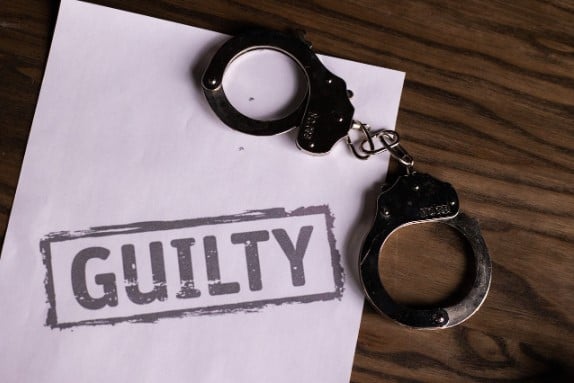
The George brothers’ mum, Haggerty, received a 30-month jail term that year after admitting guilt to one count of conspiring to commit wire fraud. Meanwhile, Chris George was given a 17-year prison term after entering a guilty plea to one count of racketeering conspiracy. He became free in September 2021 after serving 11 years of his jail term.
Meanwhile, Jeff George was convicted of racketeering conspiracy and second-degree felony murder. He was sentenced to 35 and a half years and is still in prison.
Thousands of Deaths
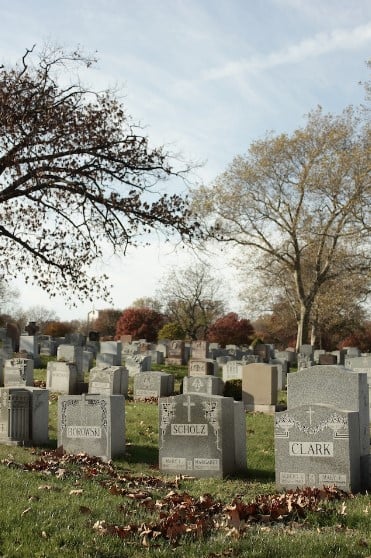
According to McKenzie, fatal overdoses linked to the twin brothers’ clinics reached about 3,000. This was an FBI estimate from their review of 300 patient files from the clinics. They then took note of the patients that had overdosed from the samples.
McKenzie believes that that number doesn’t represent reality because it didn’t account for the secondary or tertiary drug market representing the people who bought the drugs from the clinic’s clients.
A Legal Legacy
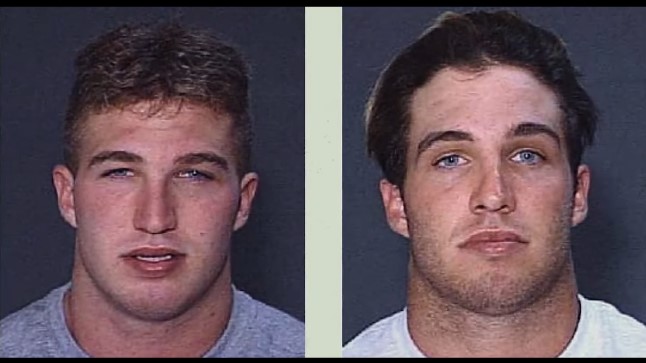
The brothers are now 42 years old and have left a legal legacy in the state. A “pill mill law” forbade pain clinics from selling opioids was passed in 2011. This law also set standards for medical examinations in Florida.
However, one of the twin brothers’ associates, Nolan, who served a 10-year jail term for racketeering, says that the wrong persons were targeted in the case.
The Opioid Crisis Kickstarters
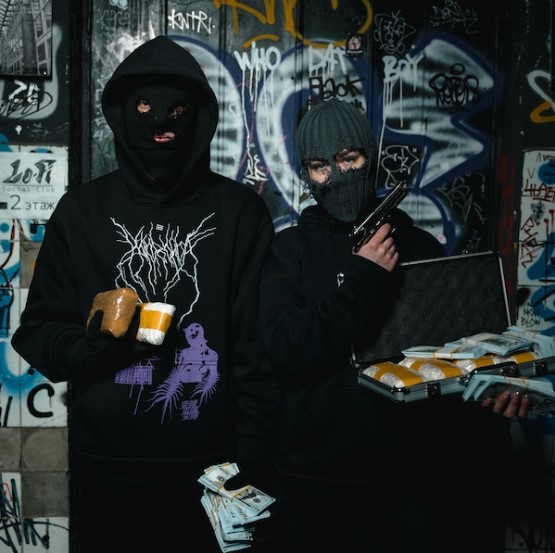
Nolan said: “They didn’t want to go after the big pharmacy. They didn’t want to go after big distributors. They just wanted us – we’re nobody. The money we made is peanuts compared to what big pharma made over the years.”
Purdue Pharma, and other large pharmaceutical firms (as well as drugstore chains like Walgreens and CVS), have received blame for triggering the opioid crisis. They have also settled lawsuits worth billions of dollars for their roles in the epidemic.
Chris George Denies Liability
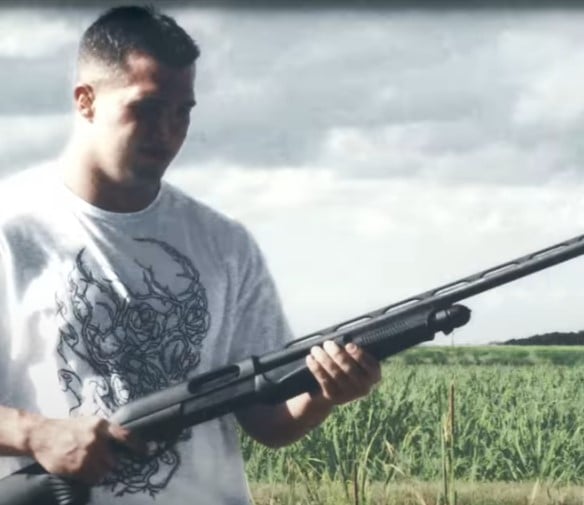
It doesn’t seem like Chris George is remorseful for his actions. Many years after he and his brother were busted for their crimes, he feels they weren’t responsible for the fatal overdoses.
In his words, “In the end, it’s their responsibility. They’re responsible for themselves, I’m not…I don’t think we created more addicts. They were already here. They just had an easier way to get their drugs. And a safer way. Now they don’t even know what they’re getting.”
The Blame Game Continues

In his attempt to exonerate himself from the deaths, Chris George says, “They said they were in pain to my doctors. They got an MRI showing they were in pain. My doctors gave them medication. What they did with that is out of my hands.”
“They act like I’m the bad guy here ‘cause I owned a business. You know, in this country, anybody can open a business,” he continued.
New Business Plans
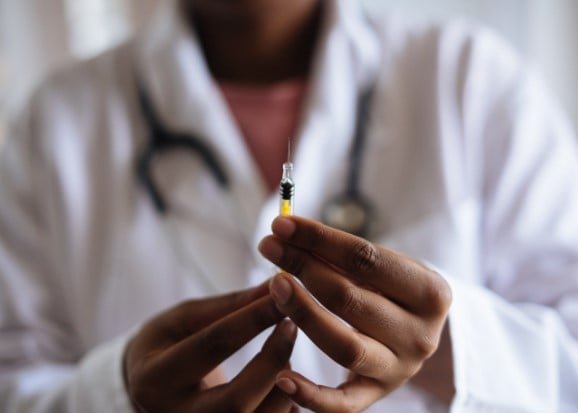
Chris George is out on parole and spoke about plans for his future. He says he’s willing to venture into the real estate business with Nolan.
What if the housing market crashes? Well, Chris George seems to have it all figured out. He says that if the estate business fails, he’d have no choice but to return to his first love—the medical field.
When Purdue Pharma Lost Its Patent
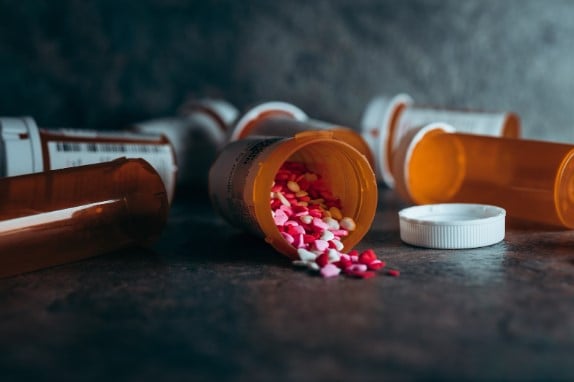
This story would be incomplete without highlighting the role that Purdue Pharma played in this case. Before 2015, Purdue Pharma was the major controller of the Oxycodone market. Unfortunately, the firm lost its patent and companies started making cheaper OxyContin versions.
As people started overdosing on the drug, the twin brothers decided to take advantage of the situation. They contacted pharmaceutical companies to supply them with large amounts of painkillers for the already addicted clients. Everyone made money, and everyone was happy.
An Illegal Business Opportunity for Patients

Since the pain clinics had more than enough drugs to dispense to clients, they took advantage of the situation. They purchased large amounts of the drugs and made a huge profit by reselling them to other addicts on the streets.
It was already bad enough that the twin brothers sold and overprescribed these medications to clients. However, it was worse that the clients, in turn, contributed to the opioids flooding the streets.
The Damage Caused
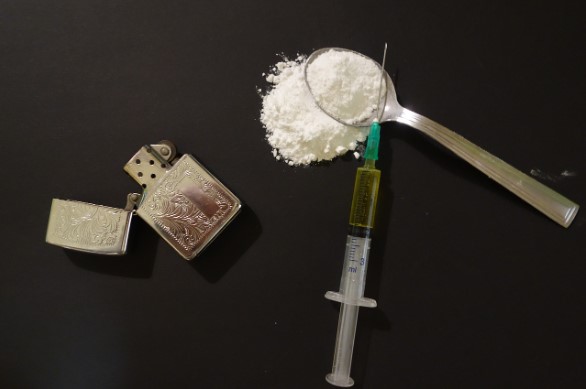
The extent and severity of the damages the opioid crisis has caused in the U.S. are difficult to measure. Oxycodone, morphine, Hydrocodone, etc., can be very addictive. It’s the same for Fentanyl, Heroin, and other illegal drugs.
The CDC (Center For Disease Control and Prevention) says that depression, stress, and job loss, among other things, may have contributed to the increasing overdose deaths the country has experienced recently.
Big Pharma Going Scot-free?
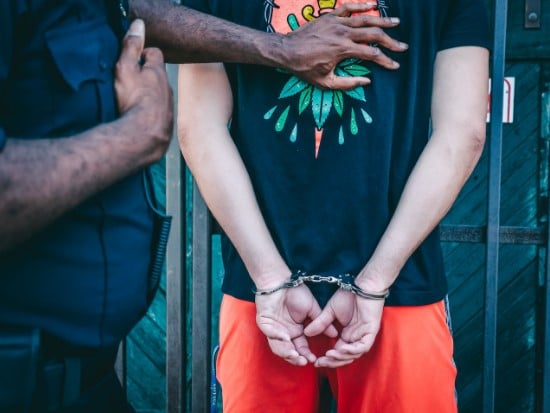
While legal actions were taken against the George brothers and their accomplices, it’s important to note that the big pharmaceutical companies involved in this crisis have still not been held criminally liable for their actions.
However, many communities in the county are making arrangements to fight the crisis and help affected individuals.
The Way Forward
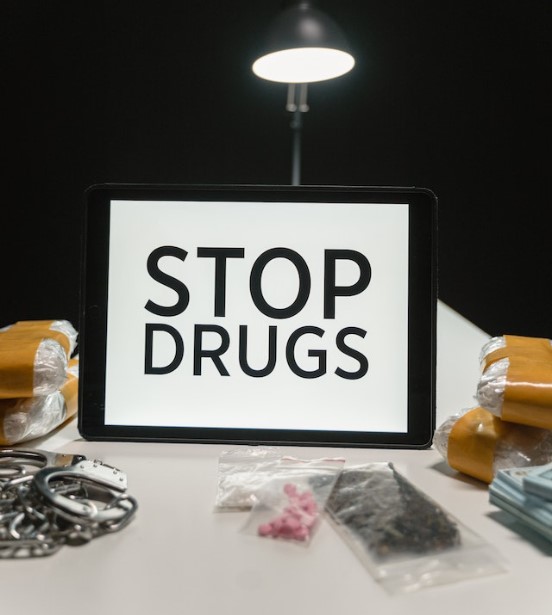
The United States still suffers immensely from the effects of the opioid crisis. The way forward is to look for solutions instead of remaining trapped in the guilt of the past. The question on many people’s lips is how to make individuals and companies more accountable for their actions.
Others hope that the money made from settlements will be pumped into treatment programs for opioid addicts.
A Long Way to Go, But There’s Hope
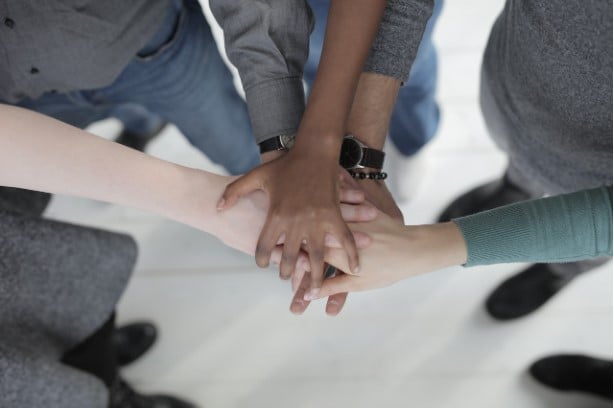
The fact remains that the families of those affected by the twin brothers’ business will feel the impact for a long time. Fortunately, opioid use disorder has numerous treatment options they can explore.
For example, those physically dependent on opioids may feel better after registering for inpatient rehab with a focus on detoxing. Here’s hoping our communities are saved from the claws of drug abuse.
